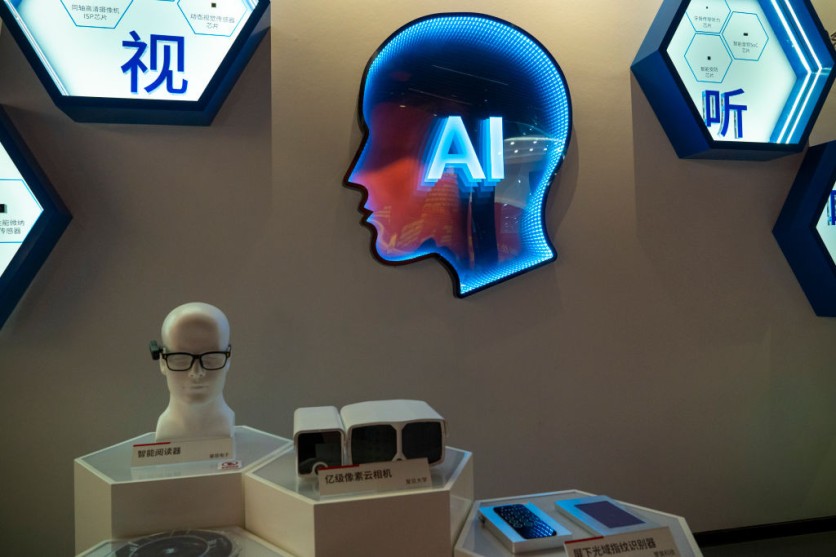Artificial intelligence's latest venture proves to be insect farms as farmers look to utilize the booming technology to study data and recommend the best methods to lower production costs.
Full Circle Biotechnology, a startup located in a tiny indoor laboratory on the outer edges of Bangkok, plans to employ AI to raise insects for animal feed in the nation's pig and shrimp farms.
The larvae feed on fruit and vegetable waste from food and drink makers and dwell in a dark, warm, humid environment. After they are gathered, they are mixed with probiotic bacteria and mushrooms.

(Photo by Andrea Verdelli/Getty Images)
Since its founding in 2019, Full Circle has supplied 49 farms in Thailand and employs 14 people. Full Circle is now looking at AI to help increase output at a cheaper cost in an attempt to lessen the price of its feed.
To achieve this, an AI system is being trained to examine all the historical and current data on insect farming to identify and then continually improve the most effective practices.
This can involve determining the ideal location for the larvae, managing temperature and food supply, precisely and swiftly counting thousands of flies, and deciding whether to introduce novel varieties or species.
Felix Collins, the creator of Full Circle, asserts that AI may expedite trial and error, assist businesses in overcoming challenges, and provide them with a comprehensive enough understanding of insect production to be reasonably certain that their output is optimized.
Read Also: Teen-Made Innovation 'ArTreeficial' Revolutionizes Urban Fly Control with Solar-Powered Technology
Other Insect Farms on AI
Cogastro, a Lithuanian developer of software for insect farms, is also developing an AI-powered solution some 5,000 kilometers away.
Currently, it provides monitoring software that gathers data automatically and analyzes it for consumers. However, with the AI enhancement, the system can learn from inside an insect farm and adjust as needed.
According to Cogastro, the AI will not be released quickly; instead, it will be made available for purchase during the following three years.
Mante Sidlauskaite, the company's founder and CEO, advises investors to be cautious of startups in the field that assert to have freely available AI systems.
AI and the Environment
AI is still influencing a wide range of activities. Earlier this year, two US environmental agencies, the National Oceanic and Atmospheric Administration (NOAA) and the Bureau of Ocean Energy Management (BOEM), used AI to safeguard severely endangered North American right whales.
The plan uses AI and covert Acoustic tracking to monitor the whales' movements and evaluate how offshore wind development affects their habitat. This creative strategy seeks to safeguard whales and encourage the responsible growth of offshore wind energy.
The authorities have presented a thorough plan that includes important measures, such as refraining from leasing in regions that can affect whale habitat, establishing noise restrictions while construction is underway, and funding quieter technology research.
In order to make sure that noise levels from offshore wind activities stay under predetermined thresholds, they also want to carry out thorough sound field verification.

(Photo: Tech Times)
ⓒ 2026 TECHTIMES.com All rights reserved. Do not reproduce without permission.




